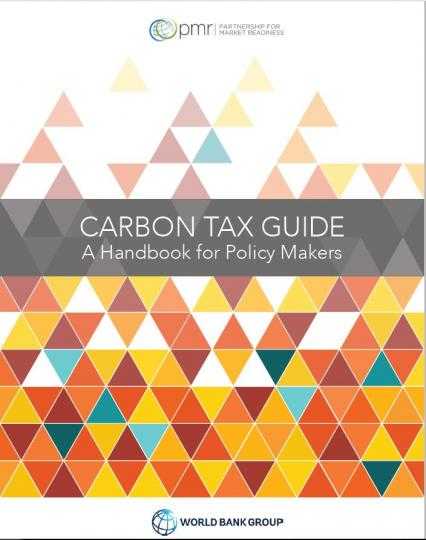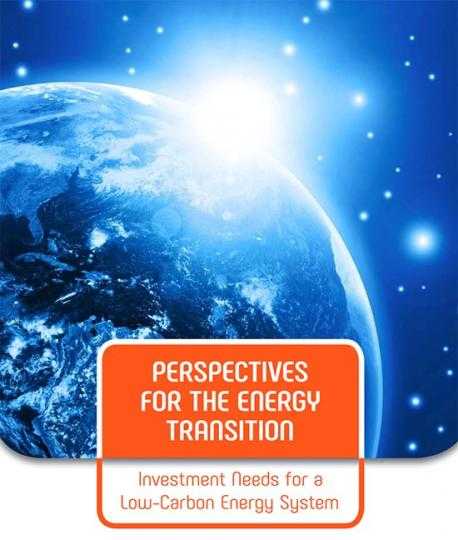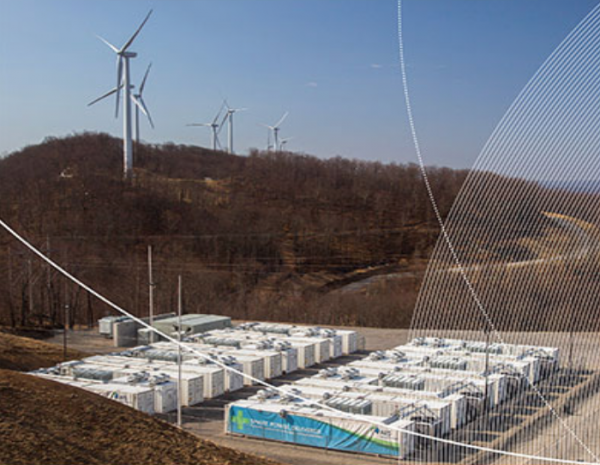Recent years have seen renewed and growing interest in carbon taxes that put a price on greenhouse gas (GHG) emissions. This resurgence in interest has come as over three-quarters of the world have developed Nationally Determined Contributions under the Paris Agreement and are looking for cost-effective ways to achieve these emission reduction goals. It has also developed alongside a gradual shift toward taxes on goods and services, with many jurisdictions seeking to use the tax system to achieve greater economic efficiency and to pursue a range of policy goals beyond raising revenue.
This joint study looks at the potential for decarbonisation in the energy sector in G20 countries and around the world. Chapter 3, “Global Energy Transition Prospects and the Role of Renewables”, highlights findings from the International Renewable Energy Agency (IRENA).
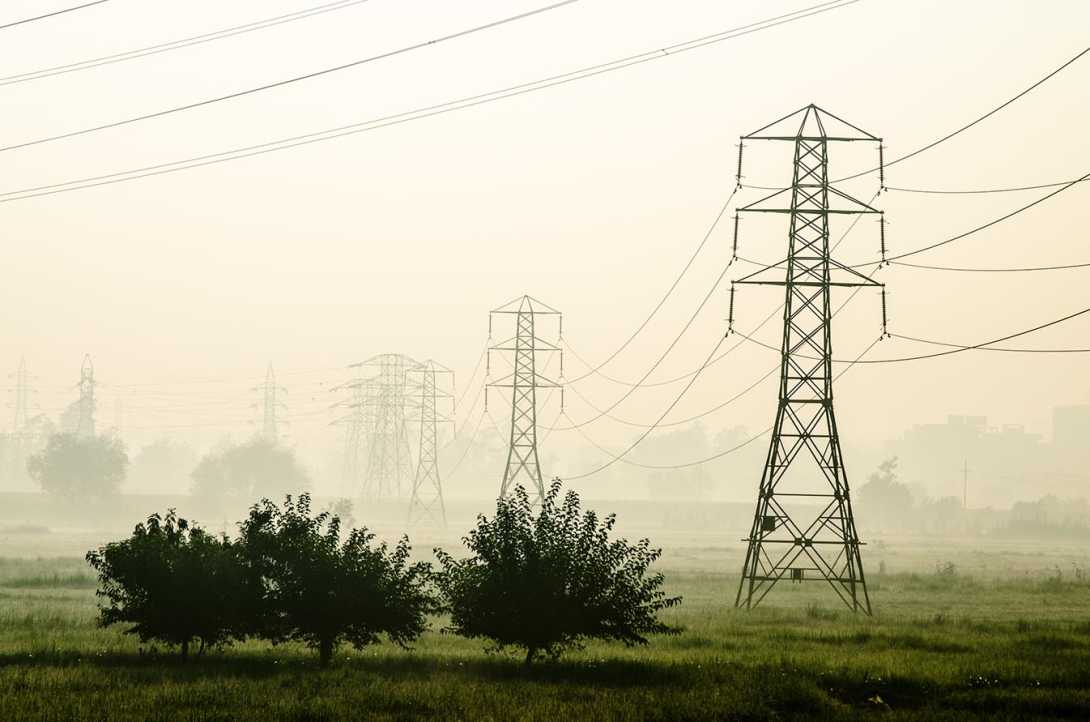
Global energy-related carbon dioxide (CO2) emissions can be reduced by 70% by 2050 and completely phased-out by 2060 with a net positive economic outlook, according to new findings released today by the International Renewable Energy Agency (IRENA). Perspectives for the Energy Transition: Investment Needs for a Low-Carbon Energy Transition, launched on the occasion of the Berlin Energy Transition Dialogue, presents the case that increased deployment of renewable energy and energy efficiency in G20 countries and globally can achieve the emissions reductions needed to keep global temperature rise to no more than two-degrees Celsius, avoiding the most severe impacts of climate change.
“The Paris Agreement reflected an unprecedented international determination to act on climate. The focus must be on the decarbonision of the global energy system as it accounts for almost two-thirds of greenhouse gas emissions,” said IRENA Director-General Adnan Z. Amin. “Critically, the economic case for the energy transition has never been stronger. Today around the world, new renewable power plants are being built that will generate electricity for less cost than fossil-fuel power plants. And through 2050, the decarbonisation can fuel sustainable economic growth and create more new jobs in renewables.
“We are in a good position to transform the global energy system but success will depend on urgent action, as delays will raise the costs of decarbonisation,” added Mr. Amin.

Decarbonisation of global energy system, led by renewables and efficiency, would create economic gains. Photo Credits: Allan F. Castañeda
While overall the energy investment needed for decarbonising the energy sector is substantial – an additional USD 29 trillion until 2050 – it amounts to a small share (0.4%) of global GDP. Furthermore, IRENA’s macroeconomic analysis suggests that such investment creates a stimulus that, together with other pro-growth policies, will:
- boost global GDP by 0.8% in 2050;
- generate new jobs in the renewable energy sector that would more than offset job losses in the fossil fuel industry, with further jobs being created by energy efficiency activities, and;
- improve human welfare through important additional environmental and health benefits thanks to reduced air pollution.
Globally, 32 gigatonnes (Gt) of energy-related CO2 were emitted in 2015. The report states that emissions will need to fall continuously to 9.5 Gt by 2050 to limit warming to no more than two degrees above pre-industrial temperatures. 90% of this energy CO2 emission reduction can be achieved through expanding renewable energy deployment and improving energy efficiency.
Renewable energy now accounts for 24% of global power generation and 16% of primary energy supply. To achieve decarbonisation, the report states that, by 2050, renewables should be 80% of power generation and 65% of total primary energy supply.
The report also describes how the energy sector transition needs to go beyond the power sector into all end-use sectors. Renewables need to account for the majority of power generation in 2050, based on continued rapid growth especially for solar and wind power in combination with enabling grids and new operating practices. But also, the buildings, industry and transport sectors need more bioenergy, solar heating and electricity from renewable sources that substitute conventional energy. Electric vehicles need to become the predominant car type in 2050. Liquid biofuel production must grow ten-fold. High efficiency all-electric buildings should become the norm. Deployment of heat pumps must accelerate and a combined total of 2 billion buildings will need to be new built or renovated.
The report calls for policy efforts to create an enabling framework and re-design of energy markets. Stronger price signals and carbon pricing can help provide a level playing field when complemented by other measures, and the report emphasizes the importance of considering needs of those without energy access.
The full report can be downloaded here.
Banner photo credits to Mohamed Abdulwahab/Voices4Climate
This report, commissioned by IFC and ESMAP and authored by Navigant Research, outlines the principal uses, drivers, and challenges regarding the commercialization of energy storage technologies in low- and middle-income countries.
By combining supply-side industry analysis, end-user primary research and demand assessment the report provides a forecast of expected deployments by region and potential impacts on energy access, quality of electricity supply, and other key areas.

Earth Hour is a worldwide grassroots movement, organized by the World Wildlife Fund, that unites people to protect the planet. Over 7,000 cities and towns worldwide participate by turning off the lights of homes, businesses and landmarks for one hour. From changing individual behavior, to legislation, Earth Hour has achieved massive environmental impact - but as climate change accelerates, our response needs to grow too.

The Spring Meetings of the World Bank Group and the International Monetary Fund (IMF) each year bring together central bankers, ministers of finance and development, private sector executives, and academics to discuss issues of global concern, including the world economic outlook, poverty eradication, economic development, and aid effectiveness. Also featured are seminars, regional briefings, press conferences, and many other events focused on the global economy, international development, and the world's financial system.

Paris delivered a strong global climate agreement – one that recognizes the important role of carbon pricing and markets in shifting investment to new, lower-carbon assets. Today, 13 percent of greenhouse gas emissions are priced. Businesses are increasingly calling for carbon pricing policies, and are using internal pricing to prepare for future climate risks. But price levels are still too low to shift investment, and a number of major economies still do not have plans to put a price on their carbon emissions.
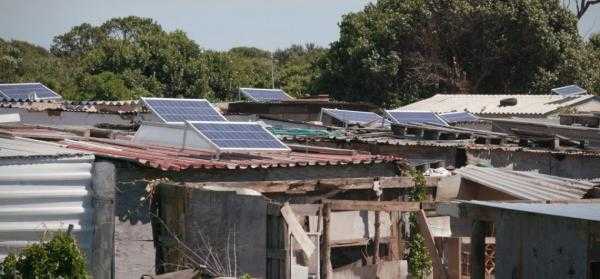
We are living in an exciting time.
We know climate change is real; we are feel impacts every day. But we also know what we need to do to tackle it. To quote the UN Secretary General Ban Ki-moon: “We are the first generation that can end poverty, the last that can end climate change.” I want to focus on the fact that we can solve climate change.
Global leaders have spoken up! In the hottest year on record, in 2015, we finally reached global unity with the presentation of the Paris Climate Change Agreement. It was the fastest ratified agreement under the UN to date! And this year, after the Agreement entered into force, the urgency for climate action was present at COP22 in Marrakech.
And even so, we still see global greenhouse gas emissions rising.
To bend the emissions curve, we need a global movement. We need to trigger the emotions in our global society in support of climate action. We need to make climate change relatable and tangible. And there is no better way of doing that, than by communicating the opportunity in climate change.
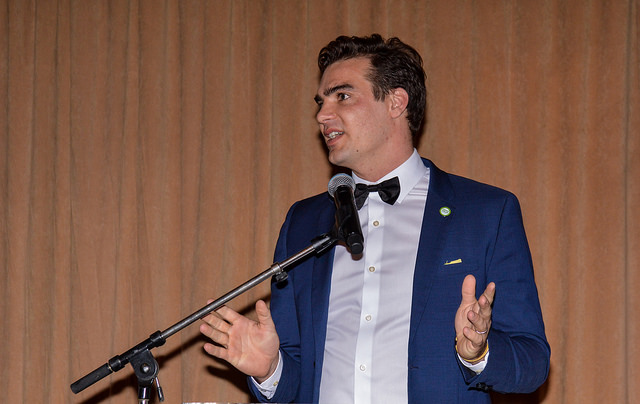
Max Thabiso Edkins talks at the Energy21 workshop
I am optimistic because climate change offers an opportunity for a transition to a low carbon and resilient future. This is the opportunity of our generation to find our purpose and to build the future we want for us and for generations to come.
In creating the climate opportunities it is important to direct these to those most affected. “We cannot leave anybody behind,” because climate change is also a justice issue. Those already having to move homes because of sea-level rise or extreme weather events, or those losing their jobs in the fossil fuel industry, all need to become a part of the solution. Our research at the World Bank, shows that an immediate push on climate-smart development can keep more than 100 million people out of poverty.
I am optimistic because I have a 9-month old son, and when he grows up the world will be a different place. I can see a future where homes and villages in Africa will be powered by solar panels on their roofs, where fossil fuel companies have transitioned to being energy companies with diverse portfolios of renewable energy, where mobility is largely electric, where our consumption patterns are inline with our global carrying capacity, where our forests are preserved and urban spaces are made green, and where there is a price on carbon and the economics favours green growth.
And we are already building that future. In South Africa we have seen a renewable energy revolution with more than 30 operational projects and with plans of almost 38GW of wind and almost 18GW of solar in the latest Integrated Resources Plan (IRP) for Electricity. And, for me, the headlines coming out of the IRP are that new wind and solar projects produce the cheapest electricity. This is the headline we need to spread! At the Energy21 workshop we heard from CSIR that the costs of wind and solar are estimated at 4.4 $c/kWh, one of the lowest costs around the world.
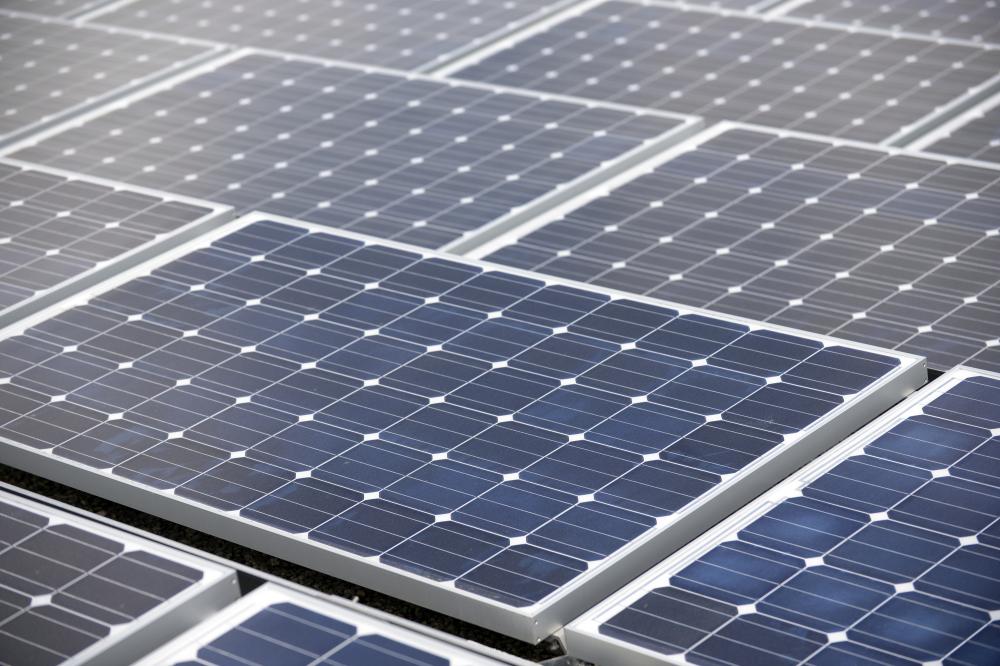
Solar photovoltaic panels can be placed in large or small arrays. Solar photovoltaic film and paint are even more versatile. Source: U.S. Embassy & Consulates in South Africa
Around the world solar and wind is taking off on exponential scales. All projections of installed capacity made in the early 2000s are being shattered by 14 for wind and close to 60 times for actual installed solar in 2015. Some see our Climate Action Agenda, to decarbonize our economies, as the biggest new business opportunity in the history of the world. Here are the facts:
- Nearly 5000 companies, cities, subnational, regions, investors, and civil society organizations have presented their climate actions on the NAZCA site of UNFCCC
- The Low-Carbon Technology Partnership initiative led by World Business Council has more than 150 companies signed on, aiming to achieve 65% of 2°C target.
- The We Mean Business coalition has about US$ 8 Trillion representation through its members and they are a leading partner on getting 83 companies to sign up for 100% renewable energy (RE100)
- US$ 2.3 Trillion have been invested in renewable energy since 2004 and this is growing
- The Carbon Disclosure Project tracks and promotes low-carbon businesses, resulting in more than 1200 companies factoring in an internal price on carbon
- The Divestment Movement passed the US$ 3.4 Trillion at COP21
- New Climate Economy estimates that 90 Trillion US$ will be needed for infrastructure over 15 years
- The International Finance Corporation estimates that Climate Investment Opportunities Total US $23 Trillion in Emerging Markets by 2030
- It is estimated that we need 3-6 Trillion climate-friendly investments out of an estimated 100 Trillion Economy per year. By comparison The Cost of Wars is about US$ 13 Trillion – many have its origin in climate change.
At COP22 Unilever CEO Paul Polman announced: “the Climate Action Agenda is an opportunity story and a development story at a time at which we need it most.” By bending the emissions curve through the rollout of renewable energy more jobs are created, health impacts are reduced and natural resources are protected.
More than ever we are aware of what is happening around us. Our interconnected lives through the digital age allow us to see and feel the changes around the world. This is helping create the movement that will define our time.
I am optimistic because we are a collective species, and we know that tackling climate change will take a collective effort. There is no silver bullet, but we all need to do what we can in our own spheres of influence. Be a climate leader in your own right. Biology has taught us that natural selection is not necessarily survival of the fittest individual, but survival of the fittest community.
Climate change is our species test, our chance to show that we are able to live in harmony with our world.
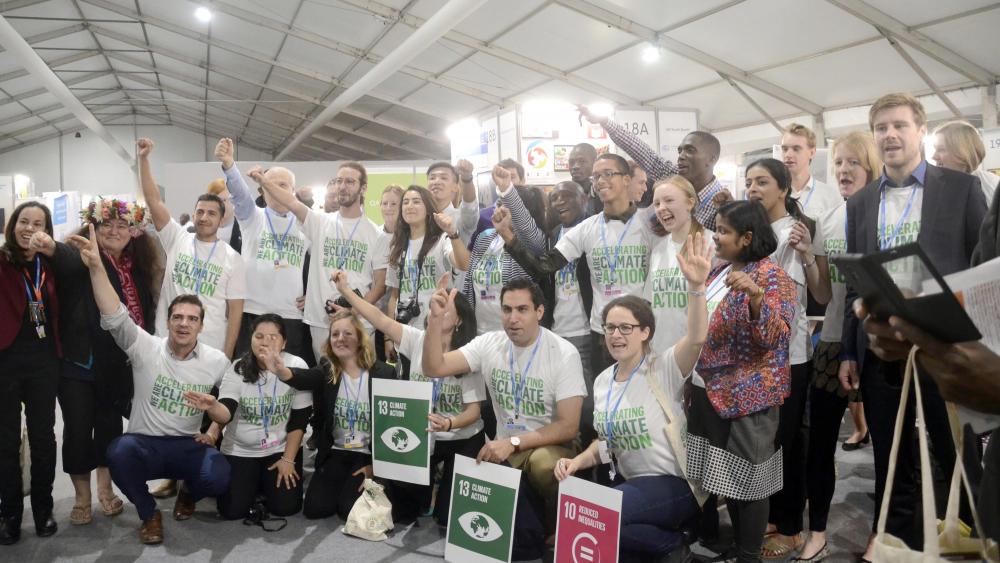
Youth Day at COP22 with message "We Are Accelerating Climate Action". Photo Credit: Giulia Braga
I am optimistic because Young People are leading the call for climate action and are spearheading the global movement. In 2014 more than 400,000 marched in New York, in 2015 they rallied in support of the Paris Agreement, and this year young filmmakers sent their message to COP22. We, Connect4Climate, ran the Film4Climate Global Video Competition, receiving 860 submissions from 155 countries, which presented a clear global call for climate action. The stories are of women-led Bio-Charcoal solutions in West Africa, of pay-per-use solar-entrepreneurs in Haiti, of electric vehicles and a desire to reduce meat consumption and protect our forests.
Overall it became clear that young people today want to be a part of the solution. They want jobs in the new climate economy. They want to see our economy transition and they want to be an active part of it. They find clean tech, and low-carbon technologies exciting.
The average age in the Control Room during the Mission to land on the Moon was 26 years old! If young people helped bring us to the moon they will lead our energy revolution. Africa is the youngest continent in the world with a median age of under 19 years. Let this be an opportunity to drive the narrative and economy for a renewable future.
Coming out of the Paris Agreement there is a real sense of optimism, that, together, we can shift our global emissions projection and build a more resilient future.
This is an exciting time, and I am excited to be a part of it. Like every great moment in history, today we are changing our world, and we will be remembered for it. Together we can build the social currency for our leaders to act on their commitments. We can prevent dangerous climate change!
I would like to thank you all for your commitment. Thank you for your energy. Thank you for building the low-carbon resilient future we need.
In closing let me emphasise that your will to act is in itself renewable energy.
And now let us watch the trailer from the Film4Climate Global Video competition. Thank you very much.

Johannesburg, South Africa, 01 December 2016 – Global and local experts and leaders within the renewable energy industry believe the time to champion renewable energy is now – as South Africa’s energy mix is currently being decided and debated.
There is also an urgency to convert a general awareness and understanding about renewable energy into tangible action.
These were some of the key issues teased out and discussed at the U.S. Embassy Pretoria’s Energy21: Exchange Hub on telling the renewable energy story differently, which wrapped today.
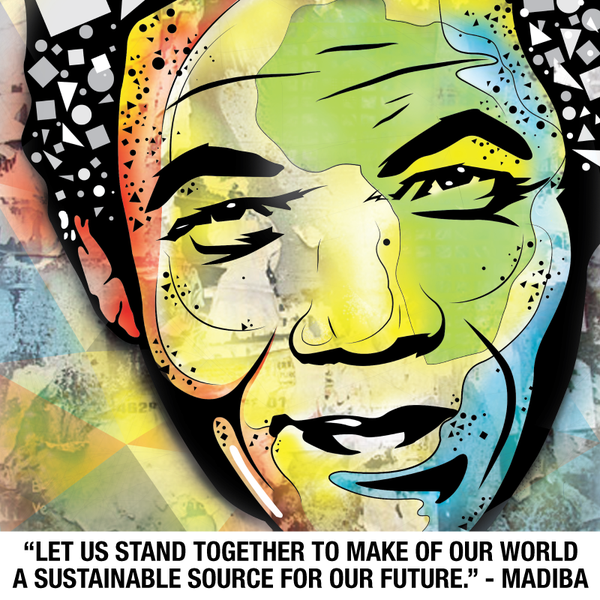
Madiba's message on sustainability.
The event, which drew over 60 people working in the renewable energy sector, focused on tactics for telling the renewable energy story differently in South Africa. Participants considered how to best reach, touch, inform and convert new audiences, which is especially relevant following the announcement of South Africa’s updated Integrated Resource Plan 2020-2030 and the resounding success of the Renewable Energy Independent Power Producers Programme (REIPPPP).
“South Africa is at the beginning of a very important renewable energy journey,” said Elizabeth McKay, Minister Counselor for Public Affairs at the U.S. Embassy. “Finding new champions of renewable energy and encouraging more action will require us to shift the renewable energy narrative,” she added.
Driving this message home at Energy21: Exchange Hub – a partnership between the U.S. Embassy South Africa, World Bank’s Connect4Climate and the Council for Scientific and Industrial Research (CSIR) – were communications, climate change and renewables experts, including the World Bank’s Max Edkins, Green Cape’s Aman Baboolal, FirstRand Limited’s Madeleine Ronquest and Intellidex’s Colin Anthony.
“South Africa’s renewables story is truly inspirational. We are transitioning towards a renewable future, which opens up opportunities. By communicating more, we strengthen the possibility of a renewables-focused future. It’s also the most pressing challenge of our time and our generation’s time,” said Edkins, Climate Change and Communications Expert at the World Bank’s Connect4Climate programme.
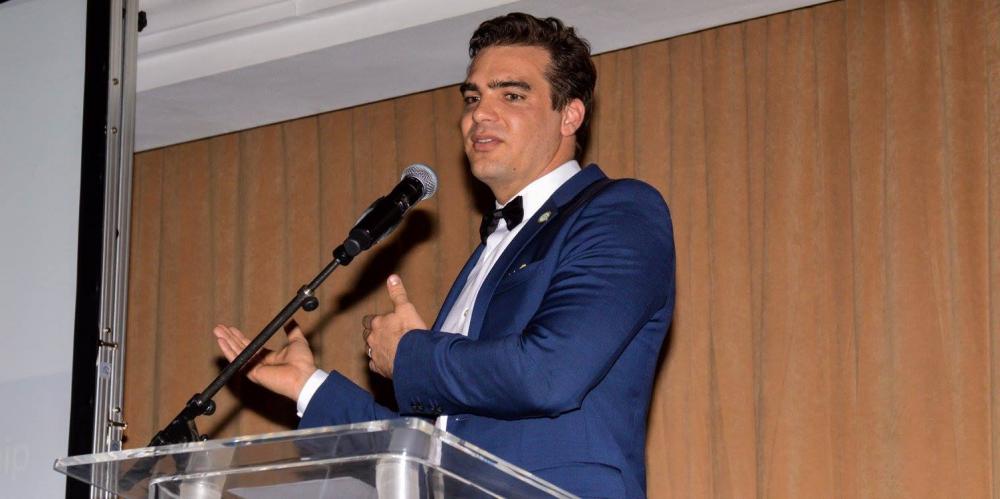
Max Edkins, Connect4Climate. Photo credits: ENERGY21
David Shelby, Director of Public Engagement at the U.S. State Department, said: “In the last five years South Africa has made tremendous headway for renewables – as evidenced by the highly successful REIPPP programme roll-out. This, in turn, has played an important part in building the economy and job creation. Now is the time to start telling this story and to communicate the benefits.”
Energy21: Exchange Hub saw communications experts paired with current and future leaders in the private sector, non-government organizations, and government who work on renewable energy policy and promotion to partake in strategic discussions and training.
Through discussing tactics – ranging from strategies for creating compelling, sticky content, reaching rural communities, designing communications campaigns to data visualization – influential industry minds explored new solutions for achieving greater awareness and public support for the renewable energy movement.
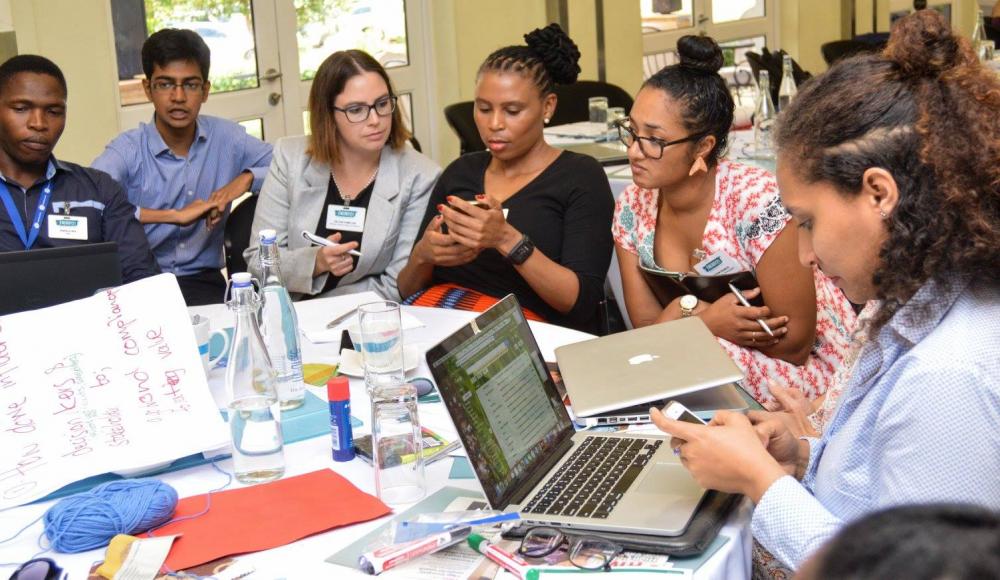
ENERGY21 participants share their ideas on how to tell the renewable energy story differently. Photo credits: ENERGY21
One of the main messages about renewable energy: it is no longer as expensive as people think.
Dr. Tobias Bischof-Niemz, Manager of CSIR’s Energy Centre, said solar and wind energy cost competitiveness studies build a strong economic case and sound positioning for renewables.
This is especially important at a time when the Department of Energy’s updated Integrated Resource Plan will be discussed to determine the country’s energy mix structure. “Building new energy capacity from wind and solar is less costly than coal. Additionally, these also offer CO2 and water reductions,” said Bischof-Niemz.
“While educating the public on renewables must be grounded in science, there is also the need to work together to create public awareness on renewables, to stimulate community interest – in both urban and rural areas – and engage meaningfully.”
This sentiment was echoed by Edkins who believes that success lies in developing strong partnerships to drive a focused message on renewables. Connect4Climate is already testimony of what can be achieved.
Established partnerships with stakeholders, ranging from non-governmental organisations to the United Nations, have helped to harness Connect4Climate’s mandate of combating climate change through actions driven by solutions.
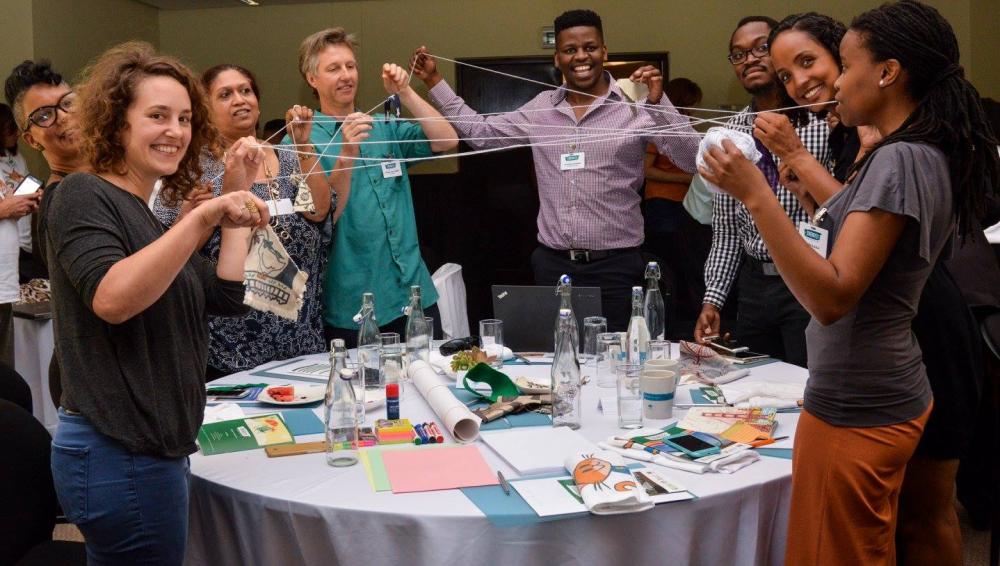
Bulding bridges and establishing partnerships to better combat climate change. Photo credits: ENERGY21
The conversations and outcomes from Energy21: Exchange Hub will continue with the intention of creating a strong and connected network within the renewable energy and communications industry. Participants acknowledged their shared passion for and commitment to telling the renewable energy story differently, leading the way in creating narratives that touches the hearts and minds of all South Africans.
An agreed Action Plan by all Energy21: Exchange Hub participants will continue its momentum throughout 2017.
However, change really begins with each participant and their will to drive home change in their renewables environment. “For us, success is for each person within the renewables industry to go home and implement one idea from Energy21 in their respective environments,” said Shelby.
